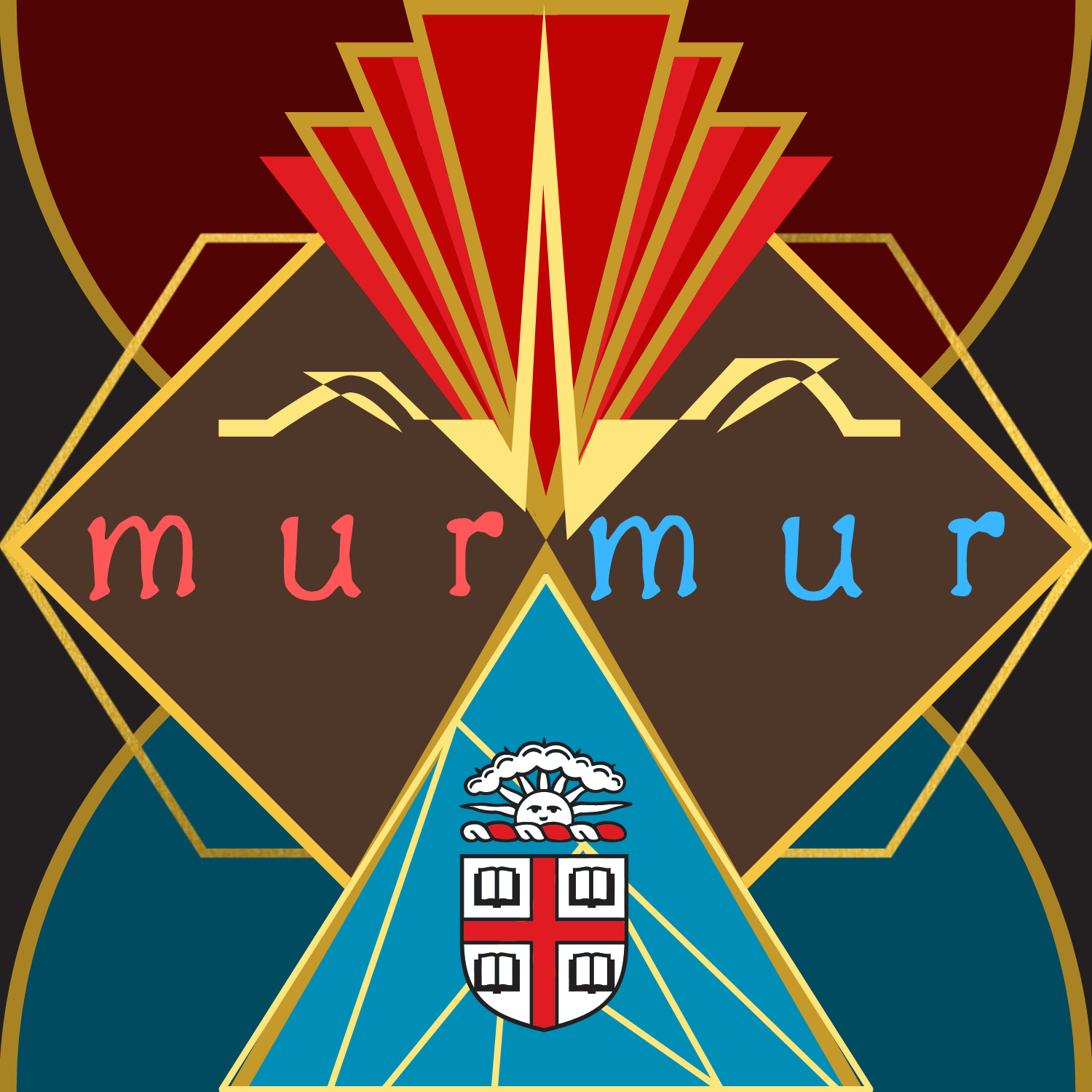When it comes to helping medical students understand the critical communication tools they need to connect with their patients, make students the teachers.
The following is an excerpt from a piece published on Medscape by Amelia B. Warshaw. She is a proud member of the SexEd by Brown Med teaching team as well as the Lead Content Editor for MURMUR. Amelia considers writing and teaching key components of her medical education as she develops a communication “tool kit” for connecting with patients.
Each year, through a program called “Sex Ed by Brown Med,” students at the Warren Alpert School of Medicine at Brown University are given the unique opportunity to teach sex education to Central Falls middle-school students. As important as the program is in improving the knowledge and health literacy of the middle-schoolers, the program also pushed me and other medical students to hone our communication and listening skills in a unique way.
Today, medical schools confront a difficult challenge: how best to combine the teaching of hard, technical skills—measured by the MCAT and board certification examinations—while at the same time teaching the so-called soft skills that cement the doctor-patient partnership, such as empathy, listening, and attentiveness. One answer to that challenge, and a critical part of every doctor’s education today, lies in developing the communication and listening skills that will allow us to bridge the gap between our medical community and the patient. As the medical world becomes more data-driven and technology-reliant while the health literacy of patients lags behind, doctors must become more effective communicators.
“In the sex ed program, students learn firsthand how to communicate potentially controversial or difficult information and hear people’s stories,” assistant professor Dr Susanna Magee, faculty advisor for “Sex Ed by Brown Med,” explained to me. “Learning how to communicate is especially difficult without actually doing it. You must do it to learn it well.”
“Sex Ed by Brown Med” is a student-run elective that has become one of the school’s most popular. It provides students with the opportunity to gain on-the-ground experience while becoming empathetic and effective stakeholders in middle-schoolers’ health, education, and well-being. The program provides an opportunity for medical students to test-drive the key skills that will determine their success as physicians: communication, flexibility, patient-doctor collaboration, and what Magee calls “knowledgeable empathy.”
The rest of the article can be found at Medscape Medical Students and other pieces by Amelia B. Warshaw can be found here.

